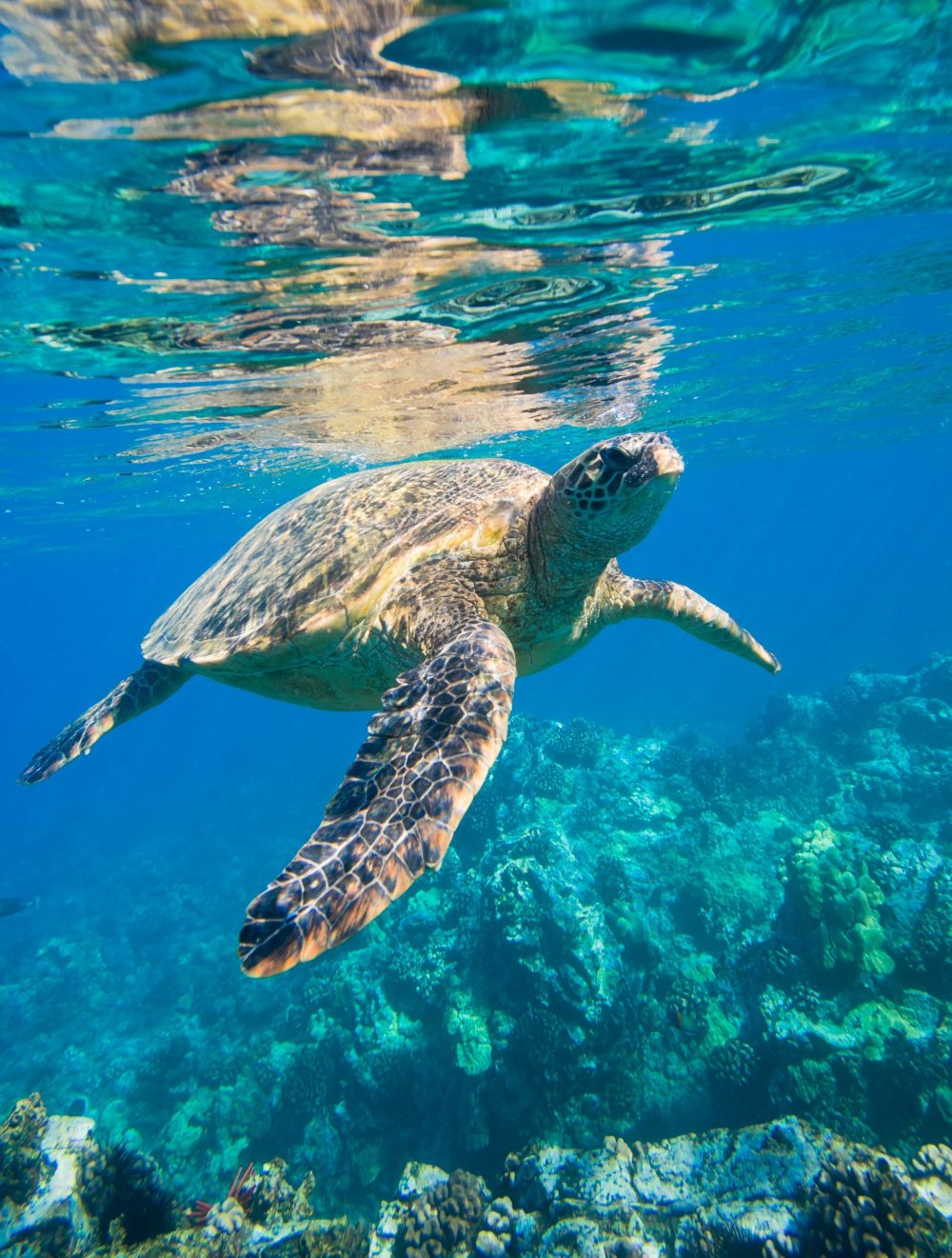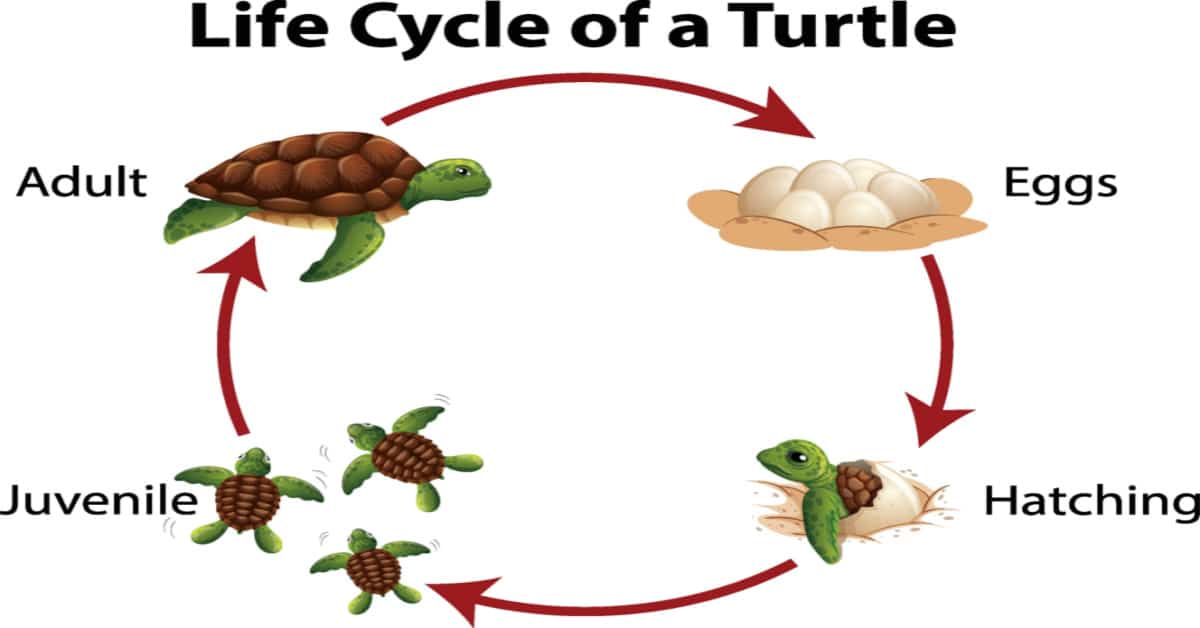
Problems of Saving sea turtles
Keep nesting beaches dark and safe for sea turtles. Turn off, shield, or redirect lights visible from the beach. Lights disorient hatchling sea turtles and discourage nesting females from coming onto the beach to lay their eggs. Do not disturb nesting turtles, nests, or hatchlings.
Turn off, shield, or redirect lights visible from the beach. Lights disorient hatchling sea turtles and discourage nesting females from coming onto the beach to lay their eggs.
LIFE CYCLE OF SEA TURTLES

We made a project which turn off the light extra light near the sea so that trutles are safe.